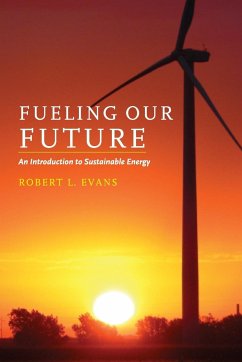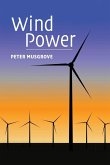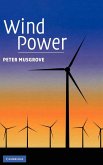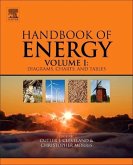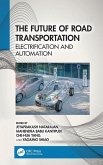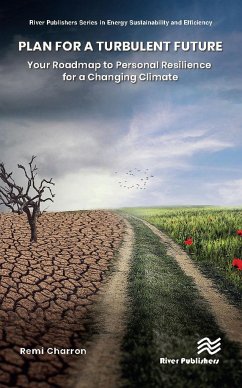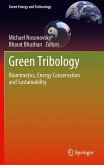One of the most important issues facing humanity today is the prospect of global climate change, brought about primarily by our prolific energy use and heavy dependence on fossil fuels. Fueling the Future: An Introduction to Sustainable Energy provides a concise overview of current energy demand and supply patterns. It presents a balanced view of how our reliance on fossil fuels can be changed over time so that we have a much more sustainable energy system in the near future. Written in a non-technical and accessible style, the book will appeal to a wide range of readers without scientific backgrounds.
Hinweis: Dieser Artikel kann nur an eine deutsche Lieferadresse ausgeliefert werden.
Hinweis: Dieser Artikel kann nur an eine deutsche Lieferadresse ausgeliefert werden.
'Delightfully written in a non-technical and accessible style, this book will appeal to a wide range of readers, both with and without scientific backgrounds. It is steady-paced and well grounded, providing much solid information in a coherent and useful way which really makes it possible for the layman to think about the subject matter.' Journal of Environmental Conservation

